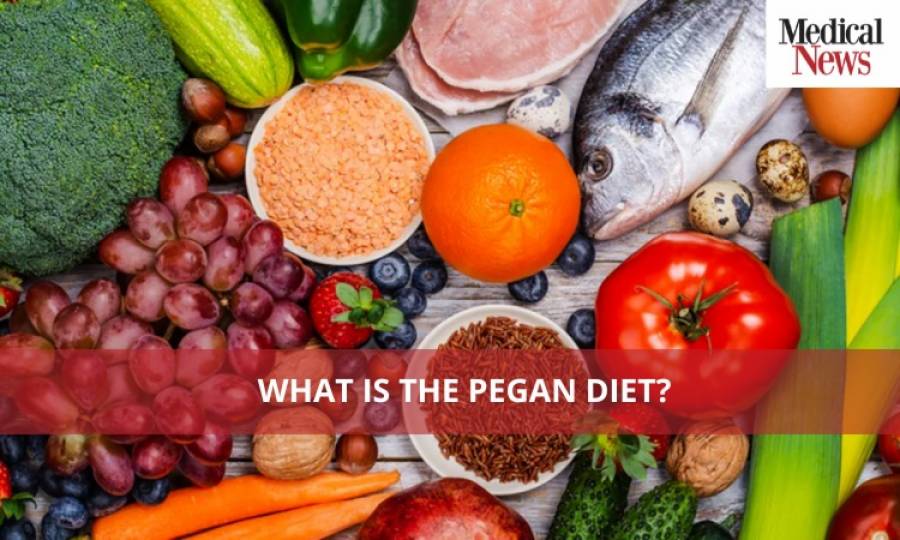What is the Pegan Diet?

Pegan Diet: What is it?
The pegan diet blends veganism with the caveman diet. The diet was developed and the name "pegan" was invented by Dr. Mark Hyman, a functional medicine practitioner and author. Our ancestors may have eaten foods similar to those on the paleolithic or paleo diet before the Agricultural Revolution 12,000 years ago. You'll receive enough of protein from meat and fish, and your produce intake will be high. Humans, the paleo diet's proponents argue, are biologically predisposed to thrive on such a diet, whereas the use of processed foods is linked to a variety of health problems.
Meat, fish, eggs, and dairy products are not part of a vegan's diet. Further, vegans don't use honey or food colorings and additives made from animals or insects. Following a vegan diet means not using any parts of an animal in any way, whether for food, clothing, or any other purpose.
What are the health benefits of pegan diet?
Vitamins, minerals, and other nutrients are provided in plenty. The following health advantages may also be attained.
· It helps in preventing chronic diseases.
· It also supports gut bacteria. Prebiotics, which are found in many plant-based meals, are a source of fuel for the good bacteria in your gut. Obesity, high blood pressure, and diabetes are all conditions that may be avoided with the aid of good gut flora.
· Vegetables and fruit play an important role in the pegan diet, which is mostly inspired by veganism. Inflammation is reduced and weight gain is avoided by following a plant-based diet, according to studies.
· The pegan diet places an emphasis on low-glycemic foods. How much and how fast your blood sugar levels rise after eating a certain dish is quantified by the glycemic index (GI). Research has shown that following a low GI diet may help with weight loss and lowering diabetes risk.
Drawbacks of pegan diet
The results of studies on nutrition are sometimes contradictory and hard to generalize. Several items that are discouraged by the Pegan diet have been shown to have positive health effects in several studies.
On the pegan diet, for instance, such foods are discouraged. Nonetheless, there is some evidence that eating beans and legumes might help with weight loss, inflammation, and even immunological and cardiovascular health. Eating two to three portions of whole grains daily has also been linked to a reduced risk of developing diabetes, cardiovascular disease, and some cancers. The CDC's healthy eating plan for maintaining a healthy weight also includes eating enough beans, lentils, and whole grains.
The bottom line
Pegan is a hybrid of paleo and vegan diets. Dietary changes, such as eating more plant-based meals and cutting down on sugar, have been linked to fewer instances of chronic illness, less body fat, and less inflammation.
But the pegan diet's limitations on starches, legumes, and dairy items may make it unsuitable for certain individuals. Additionally, those who do not have a medical reason to avoid the items it bans may nevertheless benefit from the restrictions placed on them.
Advertisement
Trending
Popular
Hair loss: Discovery uncovers key stem cells that could reverse ...
-
Broccoli sprout compound may help lower ...
11:31 AM, 25 Feb, 2025 -
Gas Pain vs. Heart Attack: How to tell ...
09:00 PM, 22 Feb, 2025 -
Coconut oil supplement shows promise ...
08:00 PM, 20 Feb, 2025 -
Normal vitamin B12 levels may still ...
05:00 PM, 19 Feb, 2025



